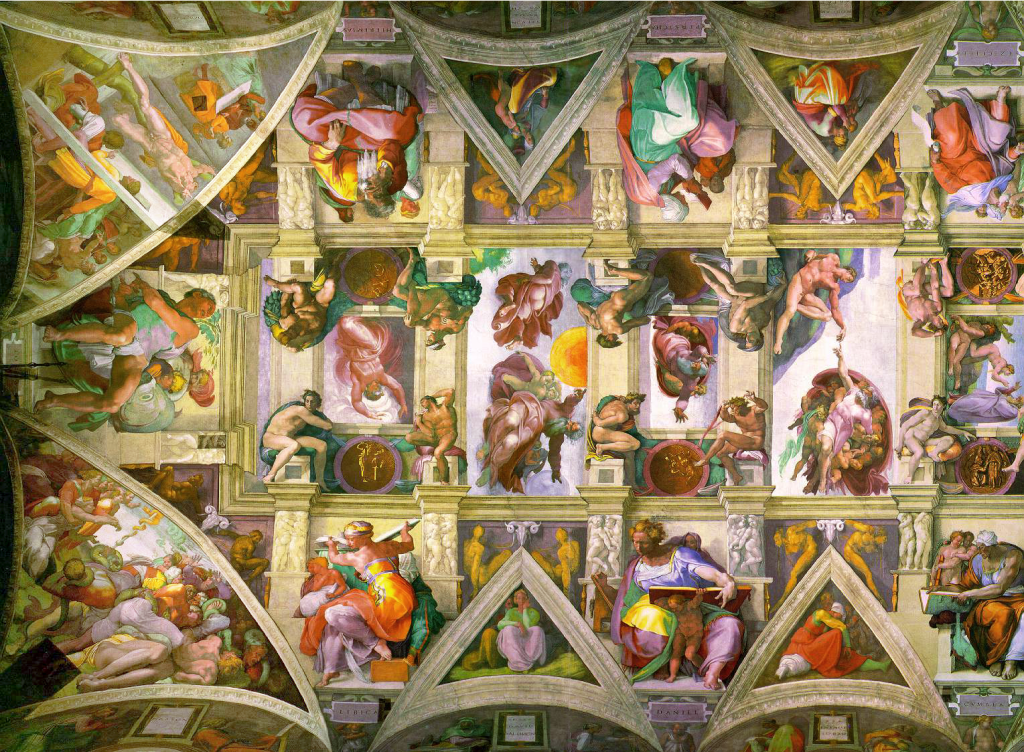Last updated on July 29, 2016
God is not a man, that He should lie,
Nor a son of man, that He should repent;
Has He said, and will He not do it?
Or has He spoken, and will He not make it good?Number 23:9
Why do Christian games suffer from such a negative reception? Obviously the long, infamous history of Wisdom Tree, its blatant plagiarism of established game ideas (Super Noah’s Ark 3D), and its illegal cartridge production/lockout overrides did not endear itself to the public at large. Even at an early age, I could perceive a clear different between, say, Bible Adventures and Super Mario Bros. Why did Christian companies make bad games?
A definite reason exists for it: they do not accept the platform as something worth investment, and so they will never get anything out of it. If it merely exists for the purpose of evangelizing, or promoting Christians message, and not for touching the heart of the humanity with the love of the Christian Gospel, then it will fail. Guaranteed. The reason we remember the Christian art of previous centuries isn’t because of a biased historical account or some other cynical look at reality: it is because they were truly motivated by the Holy Spirit, with God using people as a conduit for greatness. Do I really need to list the innumerable number of spiritually-themed works that, regardless of what side of the “religion” fence you sit, we could jointly consider some of the artistic highlights of our civilization?
Now, I’m not begrudging Christians from delving into video games at all – I think that, while not a fantastic start, at least the increasing size of the industry motivated many Christian developers to start doing something about it. But, and here’s the problem, they merely ape trends. Christians haven’t defined the trends of art for quite a while, and if we do believe the Gospel so wholeheartedly, it’s a shame that we do not define the terms by which art proceeds. By simply copying something and throwing a “Christian” label on the top, you do us no favors and you do no favors to the non-Christian who sees through your facade.
To point out the problems with Christian games in specific will take some doing, so let me list them out sequentially for ease of use:
1. They often focus on the story, aesthetics, or setting rather than the actual game – in other words, they need to “be Christian” first and foremost, at the expense of all other elements. Most of them plagiarize an already well-known or popular game or genre with Bible/Christian themes on top. Super Noah’s Ark 3D, for example, copies Wolfenstein 3D to the letter, replacing Nazis with angry goats and gun with a slingshot…that makes them fall asleep by throwing food at them? Honestly, the premise’s nonsensical and surreal nature adds to the strange disconnect most Christian-themed games foster.

If the story remains the focus, make it the focus and make it work as a piece of literature. If the visuals are the focus, make it beautiful and wonderful for us to look at. To integrate Christians themes into that work will present difficulties, but it can happen. If the work exists merely to evangelize, however, all the Bible-based hooks in the world won’t fundamentally improve the product or let it transcend its area of expertise.
2. As far as I know, most outspoken and predominantly “Christian works” in video games exist purely for the purpose of evangelizing. I realize that we need to assume that not every person who plays it will be Christian, but Christian authors of the past didn’t find the need to “plant the seed”, so to speak in every venture. Perhaps this occurs as a result of American “fundamentalists”, so called, who see the necessity of evangelistic efforts as a part of their faith. I do not begrudge them for this, but will their ideas and output benefit future generations, Christian and non-Christian? That’s a tough call. At least in video games, I would call for concern!
To provide the standard examples, C.S. Lewis and J.R.R. Tolkien’s faith comes through in their fictional works regardless of any specific identification of the Gospel. If we limit the demarcation line between “Christian” and “non-Christian” via whether it contains an explicit Christian conversion message or not, then you will not reach the lost. Why would they want to hear that they’re a sinner and need Christ? Who, exactly, wants to know they are a flawed human being? However, by pointing out the flaws of fictional people, we can relate to them and thereby help people to reach that conclusion about themselves. Fire and brimstone preaching functioned for a particular era, and now our methods must change.

3. The label “Christian” often get them into trouble. More often than not, “Christian” means “Protestantism”, and while that’s not a problem in most respects, it certainly rings a confusing air. More specifically, I can’t name a single Christian game that did not come out of an Evangelical Christian context (American denomination, mind you). Thus, given the reputation those Christians have among people who play video games, they are completely willing to reject the games outright.
Often, the word “Christian” purely labels the game appropriate for Christians exclusively, something in the vein of Contemporary Christian Music (CCM) or any number of the Christian films I have seen at various film festivals. We need Christians willing to step up and create (write, draw, program, etc.) without slapping the label of “Christian” on it. Let the work speak for itself. Let God be glorified. And if He is glorified in a way that respects the Bible, Christianity, and the like, than more power to you. But if you’re making this merely to spread your beliefs, not out of passion or natural talents, or God-given task, then please step off the line.
How do you capture a relationship that is ever evolving? How do you convey core truth without being heavy handed? The life of a follower of Christ is subtle and deeply personal yet meant to be shared with others. Books succeed due to their long form media. Movies fail due to poor scripts and the very premise of making a “Christian” film. If you think about it, if God has our heart, then our imaginations should be some of the best and brightest. Yet, that hasn’t been the case. Modern culture inundates us with images, and dilutes our imaginative faculties.

Yet we must use art to transform our culture, not merely fit within it. To adopt their methods and mores does not make your work more appealing: it is a submission to the powers of this world. Or, as T.S. Eliot would put it:
It is in Christianity that our arts have developed; it is in Christianity that the laws of Europe have – until recently – been rooted. It is against a background of Christianity that all our thought has significance.
An individual European may not believe that the Christian Faith is true, and yet what he says, and makes, and does, will all spring out of his heritage of Christian culture and depend upon that culture for its meaning. Only a Christian could have reproduced a Voltaire or a Nietzsche.
I do not believe that the culture of Europe could survive the complete disappearance of the Christian Faith. And I am convinced of that, not merely because I am a Christian myself, but as a student of social biology.
If Christianity goes, the whole of our culture goes. Then you must start painfully again, and you cannot put on a new culture ready made. You must wait for the grass to grow to feed the sheep to give the wool out of which your new coat will be made. You must pass through many centuries of barbarism. We should not live to see the new culture, nor would our great-great-great-grandchildren: and if we did, not one of us would be happy in it.
So many things divide us: race, sex, creed, social-economic circumstance. Only one thing unites us: religion. That common cornerstone of Christianity brought all the good things out of civilization, and the modern manifestation of that culture drains all of the good things right out. Christians do not, and should not, operate under the rubric of a culture of fads; we should create timeless works that speak to the highest common factors of human life. Currently, we appeal to our lusts, and that has never been a wise path. They shift and ever change to our whims. Christianity does not, built upon a solid edifice of the Immutable God of Truth.
16 Do not be deceived, my beloved brethren. 17 Every good thing given and every perfect gift is from above, coming down from the Father of lights, with whom there is no variation or shifting shadow. 18 In the exercise of His will He brought us forth by the word of truth, so that we would be a kind of first fruits among His creatures.
James 1
Let us not be shifting shadows, but illuminating pillars of light in a dark world. It will take a reformation of sorts to make that happen, but I retain my optimistic viewpoint; such changes have happened, and will happen again with God at the helm.
